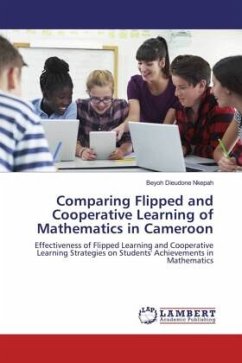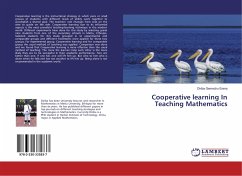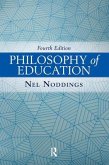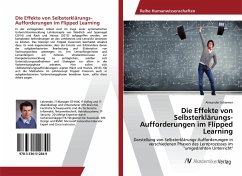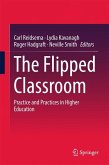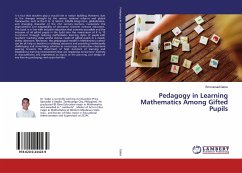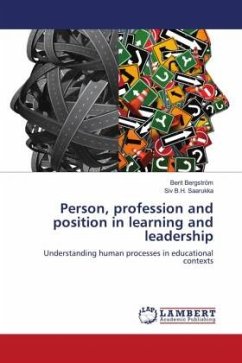The main purpose of this study was to compare the effectiveness of flipped learning and cooperative learning strategies in enhancing students' achievement in mathematics. The study was carried out in Mezam Division in Cameroon and involved Form Three students in English-speaking public secondary schools. The study adopted the pretest-posttest non-equivalent control group design. 61 males and 80 females drawn from a population of 5348 students and grouped into two experimental and one control group, constituted the sample of the study. The Mathematics Achievement Test (MAT) was used in collecting data. Mean was used to answer the research questions while ANCOVA was used to test the hypotheses at 0.05 level of significance. The findings of the study showed among other things that both the cooperative and the flipped learning strategies of teaching mathematics were more effective enhancers of students' achievements than the conventional learning strategy. Based on the findings, it was recommended among other things that the two strategies should be adopted by mathematics teachers and teacher training institutions as common/alternative strategies for teaching and learning mathematics.
Bitte wählen Sie Ihr Anliegen aus.
Rechnungen
Retourenschein anfordern
Bestellstatus
Storno

